You might be totally comfortable talking about sex and relationships with your teen. Or, like lots of other parents, you might find it awkward and embarrassing – your teen probably feels the same way. But it’s important that you try and have these conversations.
Why it's important to talk about sex
Being open and honest about sex helps your teen understand how to approach sex in a safe, respectful way. It helps them grow up to have healthy and enjoyable sexual relationships throughout their life. Though that might not be something you want to think about!
Simply put, the more open you are about sex and intimacy, the safer they will be in their own relationships, and the more likely they’ll be to feel like they can come to you if they’re worried about something. So it’s vital to talk to them and let them know they can talk to you wherever and whenever.
Girls and boys
When you’re talking to your teen about sex, it’s important to remember that girls and boys may have quite different experiences and attitudes. Unfortunately girls are more likely to experience sexual harassment and violence than boys, so it’s a good idea to bear this in mind when you’re talking to them.
If you have a son, you might consider looking at Police Scotland’s Is that me? and About the That Guy campaigns with him (although please note that these websites are aimed at 18-25 year olds so may not be suitable for younger teens).
Talking about sex
Being open and honest about sex is an important way of helping your teen have safe and happy sexual relationships when they're ready. Try to stress that sexuality is a healthy part of who we are. And how they express theirs is up to them, as long as it doesn’t cause themselves or others harm.
Young people learn about safe sex at school in relationships, sexual health and parenthood (RSHP) lessons. You can find out more about what they learn in school on the RSHP website. This is a good resource to look at if you’re not sure about the language to use when talking to your teen about sex. You may find the videos on the FAQ page particularly helpful. You can also find some information on RSHP education on Education Scotland’s National Improvement Hub.
It’s good to reinforce how important it is to protect themselves and others from sexually transmitted infections (STIs) and unplanned pregnancies, but it’s also good to talk about the positive things, like being in a loving, consensual relationship.
Tips for talking about sex with your teenager
Tip #1: Pick your moment
A good time to have these conversations is while you’re doing something else. It could be when you’re going for a walk, doing the dishes, or cooking tea for example. If you don’t know how to start, try watching an #AsktheAwkward video together – you could use this to open up a conversation. (Although bear in mind that these videos are aimed at teens aged 16+ so may not be appropriate for younger children.)
Tip #2: Teachable moments
Use things that may come up on programmes or movies you watch together, or things happening in the news, to help start a conversation.
Tip #3: Little and often
Smaller frequent chats are much better than sitting down for ‘the talk’. Your teen is more likely to take on board what you’re saying if they don’t feel like it's one big lecture.
Tip #4: Be positive
Focus on why things like consent and respect are so important when it comes to sex and relationships, rather than telling them what not to do. They might feel ashamed or embarrassed about their feelings or actions and will be more likely to talk to you if you keep things positive.
Tip #5: Use your own experience
Chances are you have been in their position before. Tell them about your experiences and the things you wish you’d known when you were younger.
Tip #6: Don’t be confrontational
They may be defensive about their feelings and experiences, so don’t go into these chats all guns blazing, as this might put them off engaging with you.
Tip #7: Respect their privacy
If they don’t want to talk, give them space.
Tip #8: Let them know you’re always there
They might not want to talk now, but as long as they know you’re there for them they may come to you at their own pace.
You can find more tips for talking to your teen about sex on the Upstream website. The NHS website The Chat also helps you answer specific questions your teen may ask.
Talking to your teen about their sexuality and gender identity
Our sexuality means who we are attracted to. Sexuality and sexual attraction can be quite complex and if your teen has a different sexuality to you, you might be worried about finding common ground. But it’s important to engage with them positively so they know there is nothing wrong or shameful about who they are attracted to.
Gender identity is different to sexuality. It refers to what we feel our gender is inside. We may feel that we are the gender recorded at birth (this is called being cisgender) a different gender, neither or both.
Until they tell you they are, or might be, LGBT, try not to make any assumptions about your teen’s sexuality and gender identity. You can talk about being gay, bisexual, trans or non-binary in a positive way, so they feel comfortable talking to you about it. You can find a helpful list of terms on the Stonewall website.
Young people who are LGBT+ can find it harder to access information about their rights and how to stay safe, so it’s important to point them in the direction of reliable, trustworthy information, like the LGBT Youth Scotland website.
Our page on talking to your child about LGBT+ and gender identity has more tips and information. The NSPCC website also has advice on talking to young people about their sexual orientation and how to support them if they come out to you.
Talking about sex online
For young people today, a huge part of sex and relationships happens online. Their first sexual experience may well be online. This could be anything from sexting, getting or sending nudes, or seeing porn.
As a parent it’s important that you’re aware of what happens online, as well as just having a good understanding of what life is like for young people online. It might feel like a world you don’t understand, but there are lots of resources out there to help parents. The more you understand, the better placed you’ll be to help them have a healthy attitude to sex, online and offline.
- Our page on online dangers is a good place to start.
- The CEOP Safety Centre and Upstream have information about online sexual activity.
- Childline has resources on sending nudes and sexting you could look at together.
- South West Grid for Learning (SWGfL) have a really helpful resource for teens about sexting – you can download their free ‘So you got naked online’ booklet here.
- Childnet have helpful advice for talking to children with learning difficulties about healthy relationships, digital wellbeing, online pornography and nudes.
Talking to your teen about porn
If you find out that your teen has been watching porn, try not to get angry. It’s difficult to avoid in the modern world and it’s natural that teenagers will be curious. But watching porn can have negative effects. For example, it can give out false messages about consent, and can be upsetting if young people see it as an ideal they need to aim for. It can also give false messages about what sexual relationships are really like.
It’s important to make sure they understand that porn is a fantasy – it isn’t real life and real sex doesn’t look like that. Talk to them about how real relationships and real bodies don’t look the way they do online. You could also discuss consent and that consensual and mutually enjoyable sex bears little resemblance to porn they might have seen.
Tell them they can always talk to you if they’ve seen something upsetting online, or if they’ve been sent an unwanted sexual image or video. Try not to make talking about porn a taboo subject but let them know that watching it can desensitise them to real life sex and cause problems for them as they get older.
There is a lot of help out there about dealing with porn as a parent:
- The NSPCC has information on their website, as do Children First and Family Lives.
- BISH UK has resources about online porn as well, to help you have a better idea of the reality and dangers for young people when they are exposed to unrealistic and harmful sexual displays online.
Talking to your teen about sharing nude photos
We may not want to believe it, but sharing nudes is a very common part of growing up for some young people. Our page on sharing nudes has information and advice on talking to your teen about sharing these kind of images, the laws around intimate images and what to do if images are shared without their consent.
 Activities & Play
Activities & Play Behaviour
Behaviour Childcare
Childcare Development & Growing Up
Development & Growing Up Family, Friends & Relationships
Family, Friends & Relationships Feeding Your Baby
Feeding Your Baby Food & Eating
Food & Eating Health & Safety
Health & Safety Mental Health & Wellbeing
Mental Health & Wellbeing Money & Work
Money & Work Online Behaviour & Safety
Online Behaviour & Safety Pregnancy & First Days
Pregnancy & First Days School & Education
School & Education Sleep
Sleep

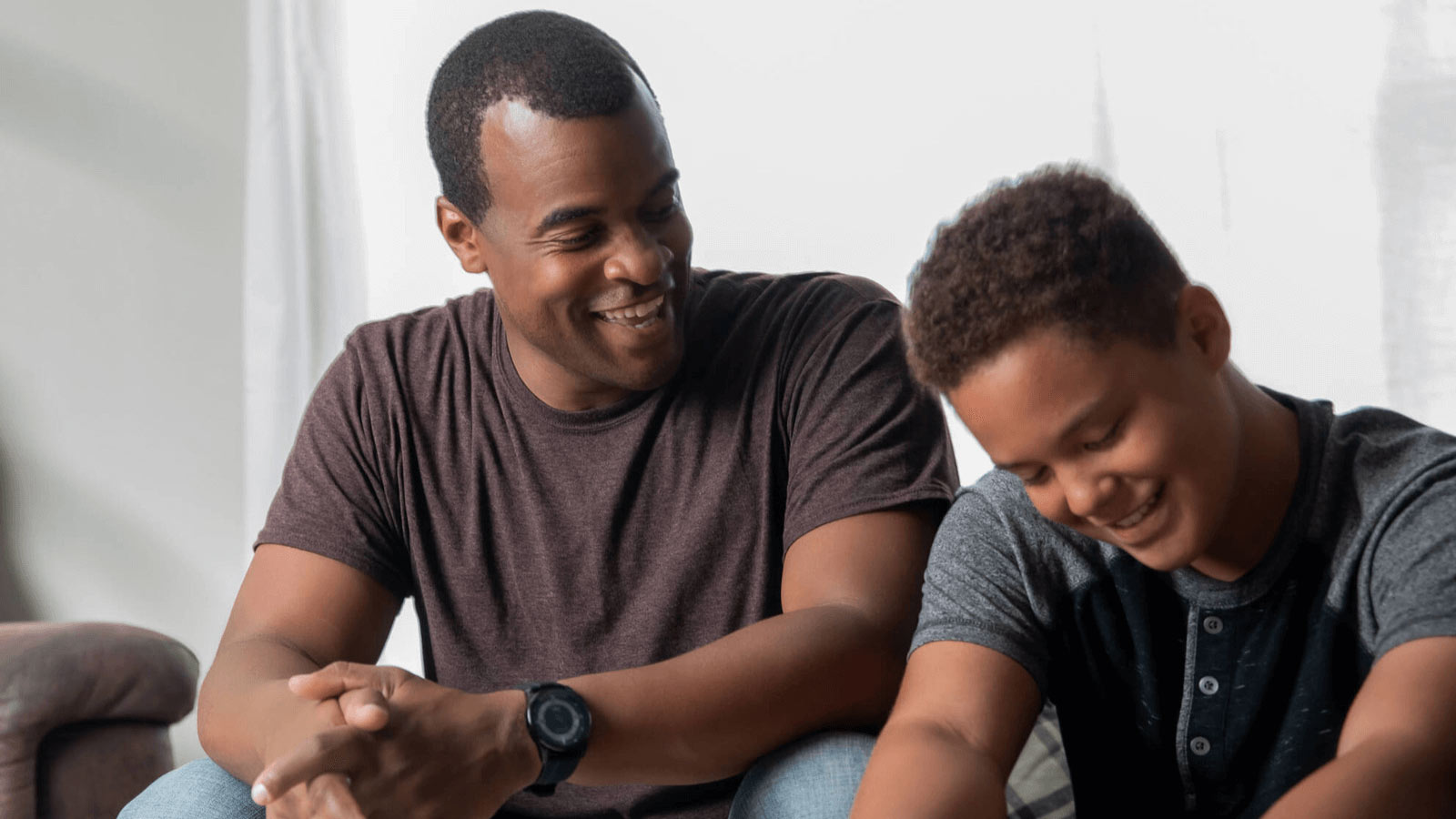
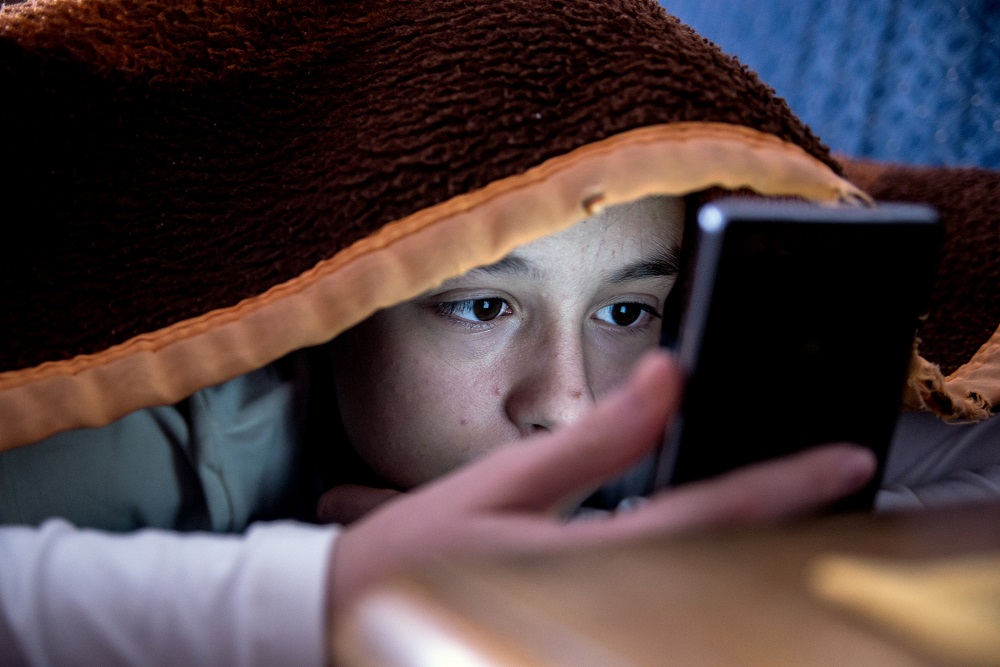
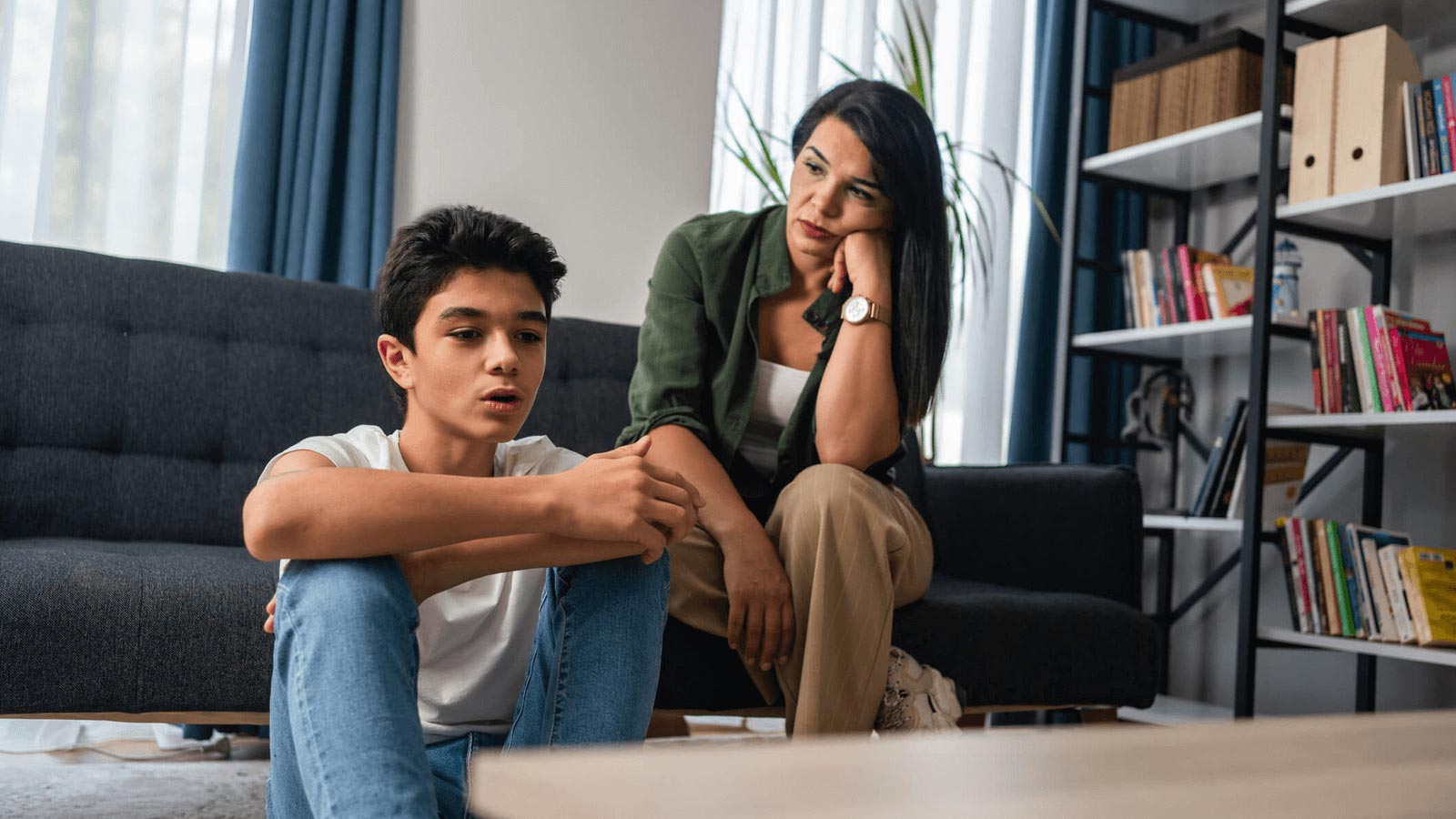
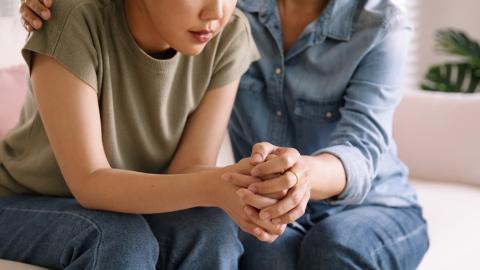

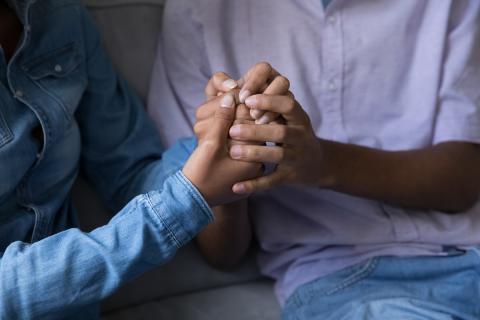
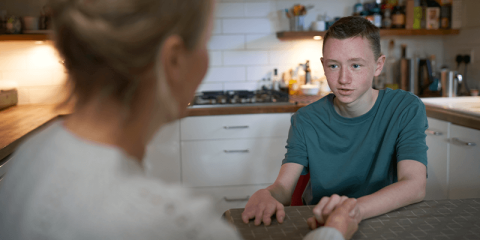
 Mental Health & Wellbeing
Mental Health & Wellbeing
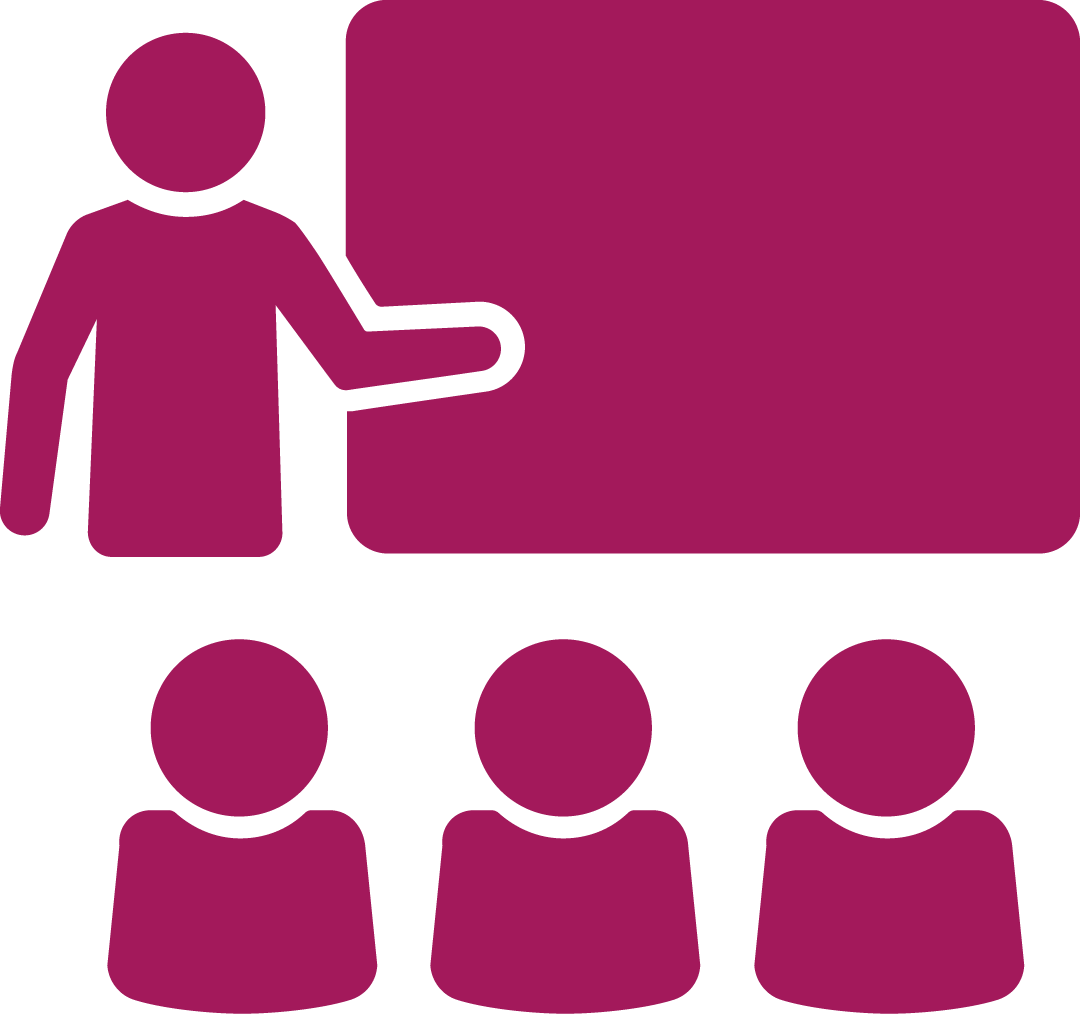 School & Education
School & Education